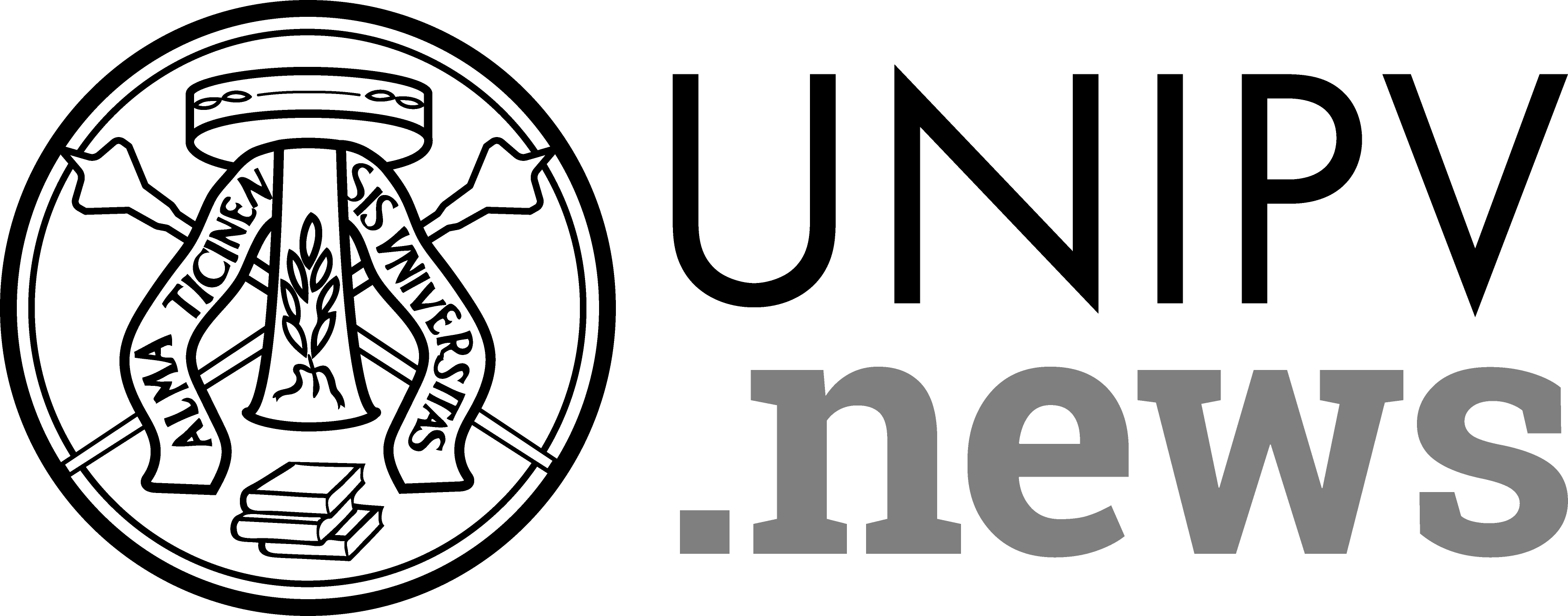Promuovere nuove forme di insegnamento e apprendimento attraverso l’uso delle nuove tecnologie e valorizzare la conoscenza del patrimonio idraulico è l’obiettivo principale del Progetto “H2OMap: Innovative Learning by hydraulic heritage mapping” finanziato dalla Comunità Europea all’interno del Progetto Erasmus+ KA2 (partenariati strategici nell’ambito dell’educazione scolare). L’Università di Pavia è tra i soggetti proponenti del progetto coordinato dall’università spagnola Jaume I di Castellón de la Plana e vede la partecipazione anche dell’Università di Alicante e di altri istituti superiori di Italia Spagna e Portogallo. (English below)
Il gruppo di ricerca del laboratorio AUDe del Dipartimento di Ingegneria Civile e Architettura di Pavia, coordinato dal prof. Carlo Berizzi, si occuperà del ruolo del patrimonio idrico per lo sviluppo del territorio con riferimenti ai temi della città ecologica e del turismo sostenibile.
H2OMap si articolerà in tre anni durante i quali saranno sviluppati una serie di strumenti per l’analisi e la catalogazione del patrimonio idraulico. I destinatari saranno professori e studenti dei licei che avranno la possibilità di sviluppare nuove competenze nell’ambito delle tecnologie dell’informazione e della comunicazione (ICT) e al contempo promuovere la conoscenza del patrimonio idraulico e il suo ruolo nello sviluppo della tecnica, dell’economia e del territorio.
Le tecnologie che verranno sviluppate saranno prevalentemente due: un’applicazione mobile che gli studenti potranno utilizzare per realizzare analisi di dati (geolocalizzazione, raccolte fotografiche, ecc.) e una piattaforma per creare mappe interattive e mappe storiche di tutto il patrimonio idraulico individuato.
La partnership tra l’Università e l’Istituto Taramelli – Foscolo, coinvolto nel progetto per la sperimentazione sul campo, offre una ulteriore opportunità di crescita avvicinando gli studenti dei licei al mondo della ricerca e della formazione universitaria consentendo di sperimentare nuove forme di conoscenza che possono aiutarli in futuro a fare scelte più consapevoli per il proseguimento dei loro studi.
Alla fine del progetto grazie ai video tutorial per i docenti, a una guida metodologica di come strutturare questa innovativa modalità didattica, al database delle schede già catalogate, il progetto diverrà open source e potrà essere ripreso da altri istituti superiori europei utilizzando la piattaforma creata.
Maggiori informazioni sul sito del progetto
***
H20Map. A European project for new forms of teaching and enhancement of the water heritage.
Promoting new forms of teaching and learning through the use of new technologies and enhancing knowledge of the hydraulic heritage is the main objective of the “H2OMap: Innovative Learning by Hydraulic heritage mapping” project funded by the European Community within the Erasmus + KA2 Project ( strategic partnerships in the field of school education).
The University of Pavia is among the proponents of the project coordinated by the Spanish University Jaume I of Castellón de la Plana and also sees the participation of the University of Alicante and other higher institutes in Italy, Spain and Portugal.
The research group of the AUDe laboratory of the Department of Civil Engineering and Architecture of Pavia coordinated by prof. Carlo Berizzi will deal with the role of water heritage for the development of the territory with references to the themes of the ecological city and sustainable tourism.
H2OMap will be divided into three years during which a series of tools for the analysis and cataloging of the hydraulic heritage will be developed. The recipients will be teachers and high school students who will provide the opportunity to develop new skills in the field of information and communication (ICT) and at the same time promote knowledge of the hydraulic heritage and its role in the development of technology, economy and the territory.
The technologies that will be developed will mainly refer to: a mobile application that students can use to perform data analysis (geolocation, photographic collections, etc.) and a platform to create interactive maps and historical maps of all the hydraulic heritage.
The partnership between the University and the Taramelli – Foscolo Institute, involved in the field experimentation project, offers further opportunities for growth by bringing high school students closer to the world of research and university education, allowing new forms of knowledge that can help them in the future to make more informed choices for continuing their studies.
At the end of the project, thanks to the video tutorials for teachers, a methodological guide on how to structure this innovative teaching method, to the database of already cataloged files, the project will become open source and will be able to resume from other European high schools using the created platform.
More information on the project website




